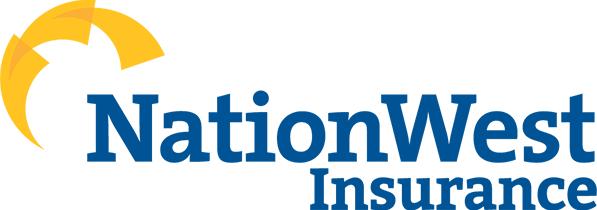
What Is a Bond? Not Business Insurance!
In simple terms, a surety bond is an agreement between three parties, while a traditional insurance policy is a two-party agreement. A surety agreement involves the Principal, the Surety, and the Obligee. In the agreement, you (the business owner) are the Principal and the Obligee is your client.
Get a QuoteWhat Are the Benefits of Being Bonded?
Being bonded gives contractors the ability to bid on larger projects. The Bonding process is basically a credit check, where the surety shows confidence in the bonded business by financially guaranteeing their ability to complete the project as agreed. Bonding company’s don’t like covering losses, so if there is any chance that the company is over its head, chances are they won’t get the bond to bid on the project.
A bonded business can obtain unbiased criticism from a credit professional and seek advice in underwriting projects.
Bonded Protects.
Some bonds we handle include, but are not limited to, the following:
- Contract performance bonds
- Bid bonds
- Maintenance bonds
- Payment bonds
- Supply bonds
- License and permit bonds
- Miscellaneous bonds

Breaking down a Surety Bond.
Nation West Surety Department works with a select group of surety underwriters. The three most common types of contracts secured by surety are:
- Project security for construction contracts
- Performance security for service contracts
- P3 contracts
If you have any additional questions about Bonding, don’t hesitate to contact us!

How to get a Surety Bond?
Contact us today, and we can answer any questions you have about Surety.
Get a Quote
